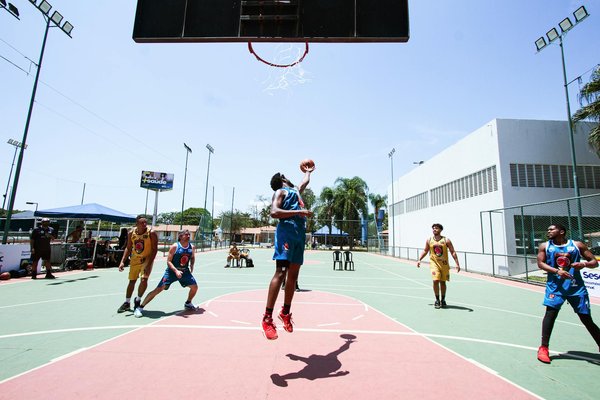Explore Every Discipline
From court to track, from ring to gym—dive into comprehensive coverage across all major sports
Basket
Basketball, NBA and competitions
Bike
Cycling, mountain biking and road
Bodybuilding
Bodybuilding, programs and nutrition
Combat
Boxing, MMA and martial arts
Fitness
Fitness, training and workouts
Football
Football, Premier League and leagues
News
Sports news and results
Other sports
Tennis, swimming and other sports
Latest articles
Our recent publications


What Are the Challenges Facing UK Basketball's Growth and Development?

What strategies are being implemented to elevate UK basketball to the global stage?

How Can UK Cyclists Enhance Their Performance on Tough Trails?

How does sport biking contribute to physical fitness in the UK?

What Are the Most Exciting Trends in UK Sport Biking Today?

How are Female Athletes Impacting the World of Combat Sports?

How Can Athletes Benefit from Understanding the Science Behind Combat Sports?

How Have Amateur Fighters Shaped the UK Combat Sports Scene?

How can you balance work and fitness in the UK?

How Can You Enhance Your Workout Routine with UK Fitness Trends?

What are the best UK sports for family fitness activities?

What Factors Make a Stadium Ideal for Hosting Football Matches?

Why Are Development Programs Vital for Grassroots Football in the UK?

Will the Next Generation of UK Footballers Change the Game?

How Will Emerging British Athletes Influence the Future of UK Sports?

Is British Sportsmanship Evolving on the International Stage?

Why Has Football Popularity in the UK Skyrocketed Recently?

How Can UK Other Sports Gain Popularity on the Global Stage?

What strategies can help integrate alternative sports into UK school programs?

What Unique Sports Traditions Can Be Found in the UK?
Frequently Asked Questions
What kind of content does SwingXP publish?
We publish a wide range of sports content including news coverage, training guides, technique analyses, athlete profiles, nutrition advice, and in-depth features across multiple disciplines like basketball, cycling, combat sports, football, fitness, and bodybuilding.
How often is new content published?
We publish new articles daily across our various categories. Our editorial team works to ensure fresh, relevant content is available every day, covering breaking news, evergreen training resources, and timely sports analysis.
Can I suggest topics or request specific content?
Absolutely! We welcome reader input and suggestions. While we can't guarantee every request will be fulfilled, we actively consider reader feedback when planning our editorial calendar. Feel free to reach out through our contact page with your ideas.
Is SwingXP suitable for beginners or just advanced athletes?
SwingXP caters to all levels of athletic experience. We publish content ranging from beginner-friendly introductions and fundamental techniques to advanced training methodologies and professional-level analyses. Our goal is to provide valuable insights regardless of where you are in your athletic journey.